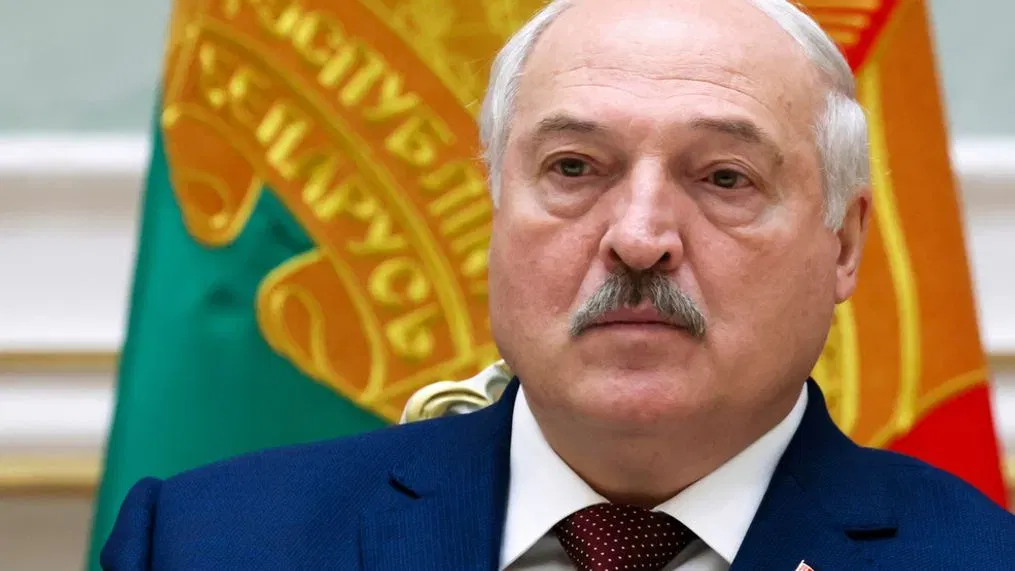Belarusian President Aleksandr Lukashenko recently suggested that Ukraine’s actions are provoking Russia to consider nuclear responses. In an interview with Rossiya, Lukashenko implied that Ukraine is intentionally escalating the conflict to force Russia into using nuclear weapons. He claimed that such a scenario would be welcomed by Ukraine, which would use it to rally international support against Russia.
Lukashenko, a close ally of Russian President Vladimir Putin, argued that Ukraine’s maneuvers are designed to unite the global community against Russia, potentially diminishing Russia’s allies and supporters. He expressed concern that if Russia were to resort to nuclear weapons, it would leave Russia isolated without sympathetic countries.

Belarusian President Aleksandr Lukashenko
Concerns about nuclear escalation have been prevalent since the onset of the conflict in Ukraine, especially after Putin’s earlier warnings about severe consequences for those threatening Russia. Rebekah Koffler, a former DIA intelligence officer, noted that while a tactical nuclear strike could theoretically be justified under Russian military doctrine, she does not foresee such an escalation occurring at this time.
Lukashenko’s comments about nuclear warfare are part of a broader pattern of rhetoric since the beginning of the Ukraine invasion. He previously stated that Belarus would use nuclear weapons if its borders with Ukraine were crossed. This stance is rooted in the Union State agreement, which aligns Belarus and Russia under a close military and political alliance.
Currently, Belarus has not committed troops to the conflict but has allowed Russian forces to operate from its territory. Lukashenko recently relocated a significant portion of Belarus’s military to the Ukraine border, ostensibly to counter Ukrainian troop deployments and possibly to exert psychological pressure on Ukraine’s leadership. Despite these maneuvers, the Ukrainian border service reported no significant changes in the situation at the border.
